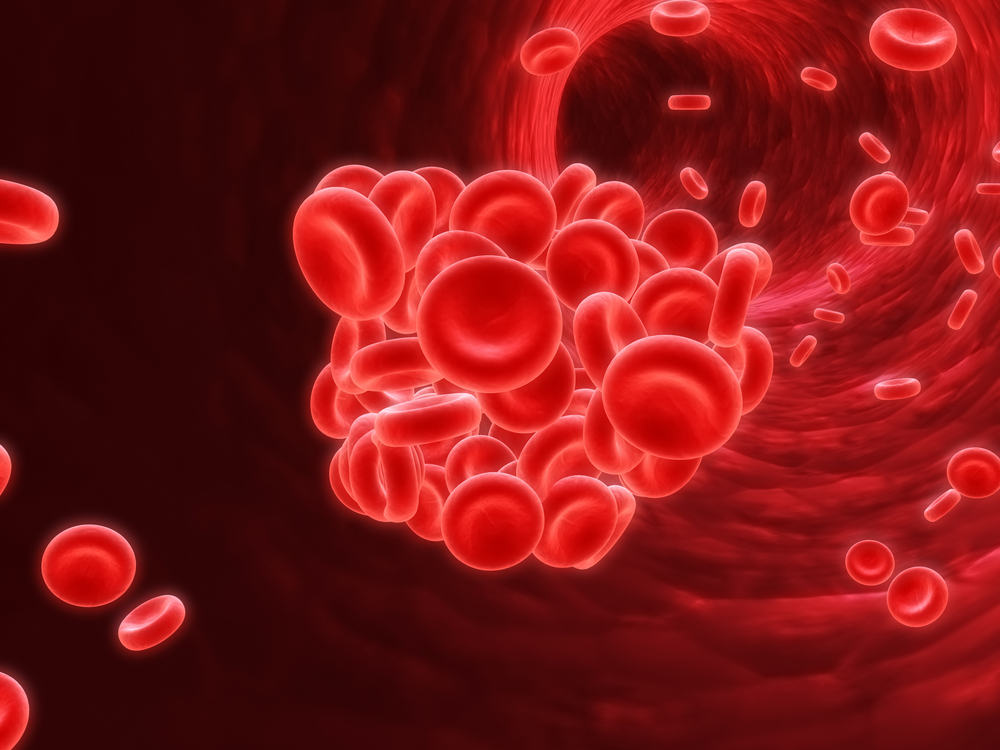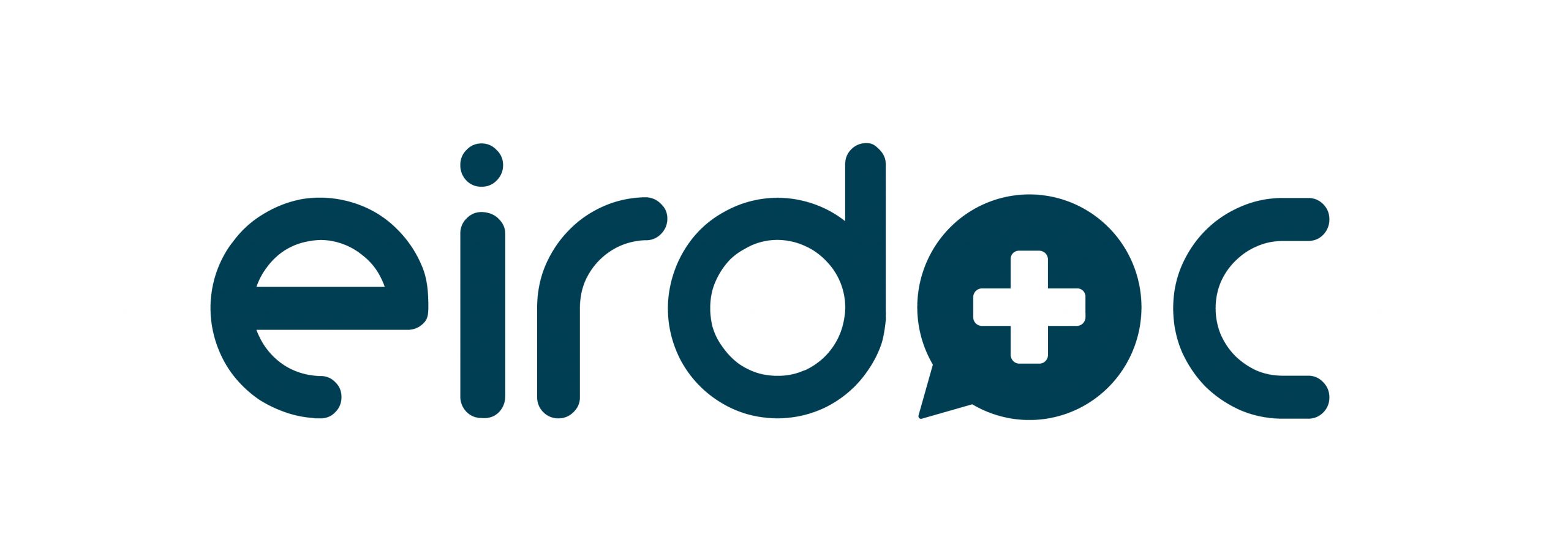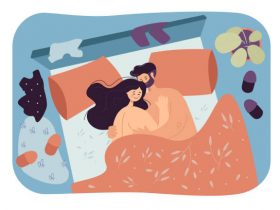Contraceptive pills are often a routine part of many people’s lives – but did you know they can impact more than just pregnancy prevention? The pill can play a surprisingly broad role in your overall health and the choices you make around contraception can affect your wellbeing in ways you might not expect. Understanding these effects is key to making informed decisions.
In this blog, we’ll take a look at how the pill can have an effect on your health and its connections with other medical conditions to help you stay informed and empowered about your reproductive and overall health.
1- Blood clots: signs and symptoms and causes
Blood clots are thick clumps of blood that develop in response of an injury. Normally, it is a safe and natural response which prevents excessive loss of blood from your body. However, if it occurs without any injury, within a normal blood vessel or any organ, it may be lethal for your health. Unnecessary building up of clots in veins of your brain, neck or heart may lead to stroke and heart attack.
What causes blood clots to develop?
Those who are immobile or have sedentary lifestyles, wheelchair users and those who undergone a surgical treatment are at higher risk of developing unwanted and harmful clots in various blood vessels and regions of your body. High cholesterol and obesity may also lead to clot formation.
There may also be some medical treatments like chemotherapy and hormonal replacement therapy (HRT), and some medications like combined hormonal contraceptives, that may cause the clotting of blood.

Signs and symptoms of blood clots
When a blood clot develops in a deep vein of your arm or leg, it is called deep vein thrombosis. Seek medical care immediately if you notice any of the following symptoms:
- Swelling
- Change in colour, may be red or blue
- Severe pain
- Warm skin
- Laboured breathing
- Coughing up blood
If a clot has formed at around your heart, it may cause heart attack. Seek medical help if you see these symptoms:
- Sweating
- Difficulty in breathing
- Severe pain in your chest and arm
How can I prevent a blood clot?
If you are in hospital with blood clots, doctors may give you injections to thin your blood. However, prevention is better than cure. Here are some simple ways you can prevent blood clots:
- Avoid sitting or being deskbound for long periods of time. Get up at regular breaks and stretch your body and walk around.
- Consider avoiding combined pills and prefer minipills for contraception.
- Stay hydrated and drink good amounts of water.
- Maintain a healthy weight and exercise regularly.
- Wear compression socks on long trips on planes and try to avoid sitting long hours.
2- Breast cancer and the combined pill
When unwanted growth of breast cells occurs, it may lead to breast cancer. There may be several causes of breast cancer including gene mutations, family history of breast cancer, or may be some hormonal, environmental and lifestyle factors are involved in causing breast cancer. Among them, the most common cause of breast cancer is mutation in BRCA gene.
Which contraceptive put you at risk of breast cancer?
Research suggests that combined pills are associated with a high risk of developing breast cancer, and the chances are higher if you or anyone in your family has already been a victim of breast cancer.
In a study on the effects of combined contraceptive pills in a group of 10,000 women with long term use, 54 developed breast and cervical cancer.
Why does the combined pill cause cancer and is the minipill safe?
How a combined pill causes breast cancer is still unclear, but the hormone present in a combined pill called oestrogen may be the culprit. This statement is based on a fact that there is no case of breast cancer by the use of minipill (which lacks oestrogen) reported, to date. However, the research is still on the way to determine links between combined pills and breast cancer.
So, it is highly recommended that consult your GP or our online doctors before starting combined contraceptive pills. Especially, if you are over age 35 and also have prior history of breast cancer.
3- Contraceptive pill and PCOS
Polycystic ovarian syndrome or simply PCOS is an endocrine disorder which is very common in women. It is estimated that about 6-12% women suffer with this disease.
PCOS typically presents with the following key symptoms:
- Hyperandrogenism – Elevated levels of androgens (male hormones) produced by the ovaries, which can lead to symptoms like excess hair growth, acne, and hair loss.
- Ovulatory Dysfunction – Irregular or absent ovulation, resulting in infrequent or missed periods.
- Polycystic Ovaries – Enlarged ovaries containing multiple small cysts, which can be identified via ultrasound.
Individuals with PCOS may experience:
- Bloating and abdominal cramps
- Pelvic pain
- Unexplained weight gain
- Persistent acne
- Irregular or missed periods
- Excess hair growth on the face and body (hirsutism)

How PCOS is treated?
There is no ideal cure for PCOS so far. Very often this condition is managed and controlled by the use of contraceptives. The reason is, lack of ovulation in PCOS leads to the alteration in levels of oestrogen, progesterone, follicle stimulating hormone, luteinising hormone and androgens.
Progesterone is found lower than usual, and androgen is found higher than usual amounts in people with PCOS. Therefore, birth control pills play important role in normalising hormonal levels.
How contraceptives can help PCOS?
Hormonal contraceptives are considered as “first-line treatment” of PCOS.
Birth control pills, rings, patches and coils can be prescribed to ease the symptoms of PCOS.
Oral contraceptives contain hormones oestrogen and progesterone, which offer a range of benefits for those with PCOS, including:
- Regulation of menstrual flow
- Decrease male hormones release e.g., androgens
- Manages hyperandrogenism
- Decrease the chances of ovarian cancer and endometrial cancer
If you want to find out more about contraceptives as treatment for PCOS, discuss it with your GP or have a confidential chat with our web doctors.
4- How does the pill affect your sex drive?
If you are on contraception and experiencing low libido, it may be due to the pill. The combined pill is believed to be associated with reduced sex drive.
Which hormone is involved in stimulation of sex drive?
Testosterone is the hormone that induces the urge for sex. Female hormones present in the combined pill may decrease the levels of testosterone, leading to a lower sex drive. If you feel that your sex life is getting affected by the use of contraceptive, talk to your doctor.
5- The pill and acne
If you are in adult age and notice tiny bumps on your face, neck and shoulders, then you are having adult acne, also called hormonal acne. This is the most common skin disease around the world that mostly hit women. This acne may be observed as pimples, white and black heads, and minute cysts.
Causes
The blockage of hair follicles in the skin is the most prominent cause of acne. This blockage occurs due to accumulation of an oily substance sebum and dead skin cells, causing the follicles to swell up. Sebum is produced by sebaceous glands. Normally, sebum helps in hydrating skin and hairs, but in excess amounts sebum may block hair follicles leading to growth of acne.
Why is it called hormonal acne?
Release of sebum from sebaceous glands may get influenced by certain hormonal levels, that’s why it is called hormonal acne. Hormones that increase sebum production and are responsible for acne include:
Testosterone:
Raising levels of testosterone in puberty in young adults stimulate sebaceous glands to produce more sebum. As a result, hair follicles get blocked, causing acne.
Male hormones and androgens:
Male hormones and androgens may be responsible for causing acne in women – especially for women who have PCOS. This acne mostly develops before periods, menopause and in first 3 months of pregnancy.

Symptoms
Hormonal acne can be manifested as damaged, inflamed, and painful skin lesions on your cheeks, neck, shoulder and chest.
Treatment
Mild and moderate acne can be treated by topical creams, gels and face washes that contain benzoyl peroxide or salicylic acid. In severe cases, your doctor may prescribe antibiotics and combined contraceptive pill for the treatment.
Why combined pill is suggested for acne treatment?
Because combined pill helps to normalize hormone levels and controls outbursts of acne. The commonly used combined pills that are licensed to be sold for the treatment of hormonal acne include:
- Co-cyprindiol is the generic name of combined pill, which aids in lowering the hormone levels that cause building-up of sebum in hair follicles, and thus lead to acne. Co-cyprindiol is mostly sold as its branded versions Dianette or Clairette.
- Luccette is the generic name of combined pill which is sold as Yasmin. It is a well-known contraceptive but may be prescribed for the treatment of acne.
- Progesterone only pill or implant cannot treat acne as they may increase levels of male hormones. Rather, acne gets worst by the use of minipills.
Take Control of Your Reproductive Health with Eirdoc
Understanding how contraceptive pills interact with your body and overall health is crucial for making informed decisions. From managing conditions like PCOS and acne to recognising the risks of blood clots and breast cancer, the effects of these pills go far beyond pregnancy prevention. By being aware of these potential impacts, you can better navigate your contraceptive options and address any concerns with your healthcare provider.
Here at Eirdoc, we’re committed to delivering convenient and confidential care you can access from the comfort of your own home. Book a GP appointment online for more information and guidance on selecting the right birth control method for you and your reproductive health.
Whether you want to order the contraceptive pill online or another form of contraception like the patch, we’ve got you covered every step of the way.




